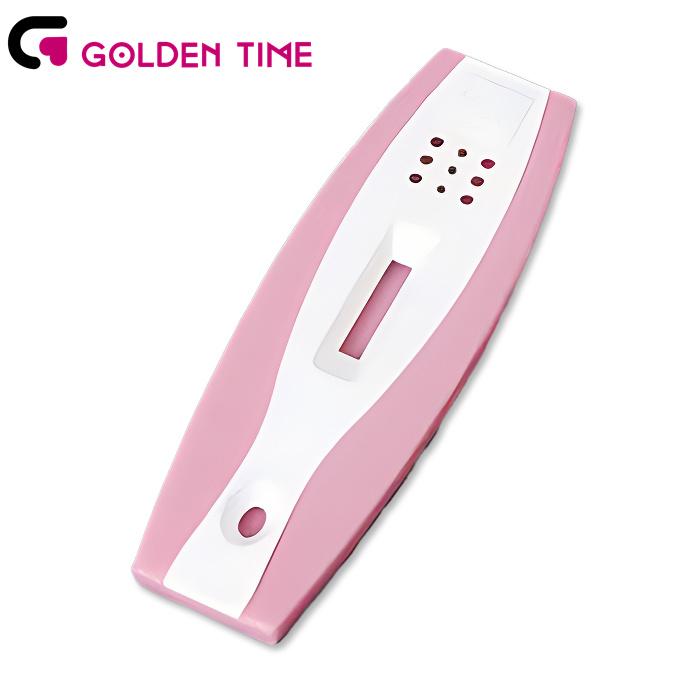Sep . 13, 2024 01:13 Back to list
best rapid diagnostic test for dengue
Best Rapid Diagnostic Test for Dengue
Dengue fever, a mosquito-borne viral infection, has become a significant public health concern in tropical and subtropical regions worldwide. With over half of the world's population at risk of dengue, early diagnosis and effective management are crucial in preventing severe cases and reducing transmission. Among various diagnostic methodologies, rapid diagnostic tests (RDTs) have gained considerable attention due to their speed, ease of use, and suitability for resource-limited settings. This article delves into the best rapid diagnostic test for dengue available today.
Rapid diagnostic tests for dengue primarily detect either the viral antigens or the antibodies produced in response to the infection. Among these, the NS1 antigen test stands out as a highly sensitive and specific option, particularly during the early phase of the disease. The NS1 protein is produced by the dengue virus within the first few days of infection, making it detectable before the patient's immune system can generate a significant antibody response.
One of the most recommended RDTs for dengue is the NS1 antigen detection test, commercially available from several manufacturers. These tests provide results within 15 to 30 minutes, making them invaluable in clinical and field settings. Studies have shown that NS1 antigen tests possess a sensitivity of around 70-80% and specificity exceeding 90%. This means they effectively identify most cases of dengue fever while minimizing false positives, which is critical for accurate patient management.
best rapid diagnostic test for dengue

Additionally, the combination of NS1 antigen tests with IgM and IgG antibody tests can enhance diagnostic accuracy. IgM antibodies typically appear within 4-7 days post-infection, while IgG antibodies develop later and indicate past exposure to the virus. By employing a dual-target approach, healthcare providers can improve the reliability of dengue diagnostics, particularly in patients presenting late in their illness or with atypical symptoms.
It's essential to consider that, while RDTs offer considerable advantages, they are not foolproof. Factors such as the timing of the test relative to the onset of symptoms, the quality of the test kit, and local epidemiological conditions can all affect the performance of these tests. Therefore, it is crucial for healthcare professionals to interpret results within the context of clinical findings and potential geographic dengue transmission.
In conclusion, the NS1 antigen detection test emerges as the best rapid diagnostic test for dengue due to its timely results, high sensitivity, and specificity. Moreover, the synergistic use of antigen and antibody detection can significantly enhance diagnostic reliability. Rapid testing plays a pivotal role in managing dengue fever, facilitating prompt clinical decisions, and ultimately improving patient outcomes in impacted regions. Continued advancements in diagnostic technologies, combined with community education and effective vector control strategies, will be vital in mitigating the burden of dengue globally. As we strive towards better public health responses, embracing the best tools available for rapid dengue diagnosis remains an essential component of combating this prevalent disease.
-
Highly Accurate hCG Pregnancy Test Strips - 5 Min Results
NewsAug.02,2025
-
Premium Empty ABS Plastic Cassettes: Durable & Lightweight Storage
NewsAug.01,2025
-
Accurate Cocaine (Coc) Rapid Test Kit | Fast & Reliable Detection
NewsJul.31,2025
-
Accurate HCG Pregnancy Test Strips | Fast Home Use Kit
NewsJul.31,2025
-
Reliable Early Pregnancy Test Kit Supplier - Multi Plastic Cassette Options
NewsJul.30,2025
-
Transferrin Rapid Test Cassette – Reliable Tumor Marker Detection
NewsJul.29,2025

